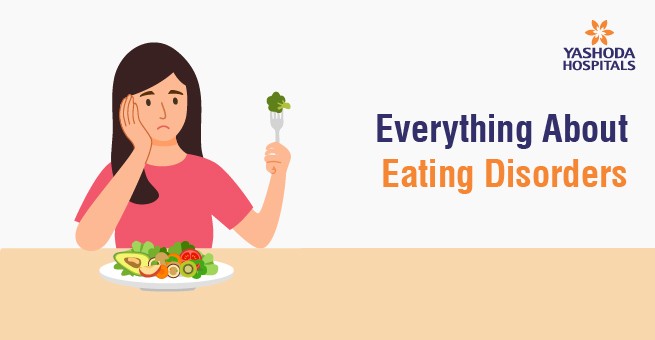In a society obsessed with body image and thinness, the topic of eating disorders often remains shrouded in stigma and misconception. However, the reality is that eating disorders affect individuals of all shapes, sizes, and backgrounds, and they can have profound physical, emotional, and psychological consequences. For those recovering from an eating disorder, the journey toward weight gain can be particularly challenging, fraught with complex emotions and fears. In this blog post, we’ll explore the delicate intersection of eating disorders and weight gain, offering insights and strategies for fostering healing, self-compassion, and recovery.
Understanding Eating Disorders:

Eating disorders encompass a range of mental health conditions characterized by abnormal eating habits, attitudes, and behaviors. Common eating disorders include anorexia nervosa, bulimia nervosa, binge eating disorder, and other specified feeding and eating disorders (OSFED). These disorders often stem from a combination of genetic, biological, psychological, and environmental factors, and they can have serious implications for physical health, mental well-being, and quality of life.
The Challenge of Weight Gain in Eating Disorder Recovery:

For individuals recovering from an eating disorder, the prospect of weight gain can trigger intense anxiety, shame, and fear. Many individuals with eating disorders have a distorted body image and a deep-seated fear of gaining weight, associating weight gain with feelings of failure, inadequacy, and loss of control. Additionally, the physical symptoms of refeeding syndrome, such as fluid retention and electrolyte imbalances, can exacerbate discomfort and distress during the weight restoration process.
Navigating the Journey Toward Weight Gain:

Despite the challenges and complexities involved, it’s essential to approach the journey toward weight gain with empathy, understanding, and support. Here are some strategies for fostering a compassionate and healing approach to weight gain in eating disorder recovery:

- Seek Professional Support: If you’re struggling with an eating disorder, it’s crucial to seek professional help from a qualified therapist, dietitian, or healthcare provider who specializes in eating disorder treatment. They can provide you with the guidance, support, and resources you need to navigate the recovery process safely and effectively.

2. Challenge Negative Thoughts: Work on challenging and reframing negative thoughts and beliefs about weight gain and body image. Practice self-compassion and remind yourself that weight gain is a necessary part of the recovery journey, leading to improved health, vitality, and well-being.

3. Focus on Health, Not Weight: Shift your focus away from the number on the scale and toward overall health and well-being. Instead of fixating on weight gain as the primary goal, prioritize nourishing your body with balanced, nutritious foods, engaging in regular physical activity that feels joyful and empowering, and cultivating positive self-care practices that support your mental and emotional health.

4. Build a Supportive Network: Surround yourself with a supportive network of friends, family members, and peers who understand and validate your experiences. Joining a support group or online community for individuals in eating disorder recovery can provide you with a sense of belonging, understanding, and encouragement during challenging times.

5. Practice Patience and Self-Compassion: Recovery from an eating disorder is a journey, not a destination, and it’s essential to be patient and gentle with yourself along the way. Embrace the ups and downs, celebrate your progress, and recognize that healing takes time, effort, and perseverance.
Eating disorders are complex and multifaceted conditions that require comprehensive and compassionate treatment. If you or someone you know is struggling with an eating disorder, know that help and support are available. With the right treatment, support, and dedication, recovery is possible, and a life of freedom, health, and happiness awaits. Remember, you are not alone, and you deserve compassion, understanding, and support as you navigate the journey toward healing and recovery.